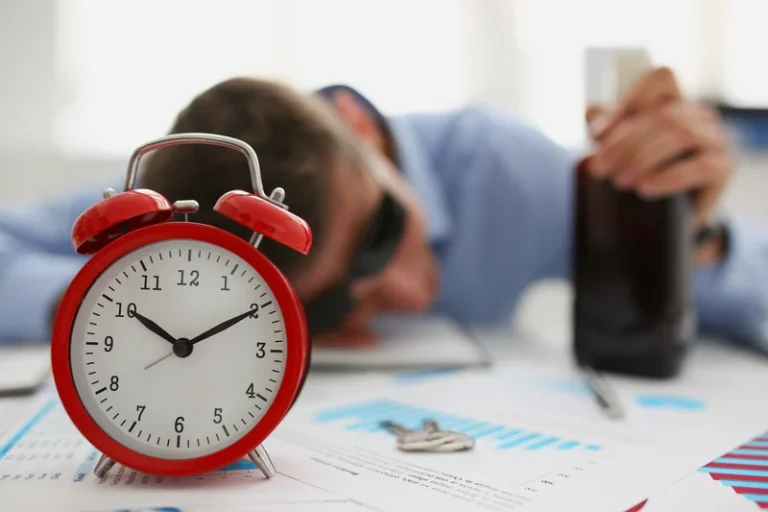
Choosing the right detox approach depends on individual needs, medical history, and withdrawal risk. Alcohol detox is the body’s natural process of eliminating alcohol from the system, leading to withdrawal symptoms as the body adjusts to the absence of alcohol. It is the first and most important step in addiction treatment, helping individuals achieve physical stability before further rehabilitation and recovery efforts.
Do Online Addiction Treatment Programs Work?
For mild alcohol withdrawal that’s not at risk of worsening, your provider may prescribe carbamazepine or gabapentin to help with symptoms. Symptoms of alcohol withdrawal tend to peak 24 to 72 hours after your last drink. Detox centers often remove toxins and drugs from the body with alcohol detox success.

Coping and support
- Individuals who experience more intense withdrawal symptoms are more likely to have been heavy drinkers than those who only experience mild symptoms.
- Your primary care provider can advise you on where to seek care for the physical and mental symptoms of alcohol withdrawal.
- If you are even slightly at risk for severe withdrawal symptoms, professionals recommend medical detox at a hospital, rehab facility or detox center to manage symptoms.
- We specialize in compassionate, evidence-based care tailored to your needs.
- Detox is a medical intervention that treats the physical and emotional symptoms of withdrawal, but it does not often prioritize recovery skills.
It usually does this by reducing the natural production of neurotransmitters and becoming physically dependent on alcohol to provide them instead. If you or someone you know needs to detox from alcohol, contact an addiction specialist to determine the best treatment options. Alcohol Use Disorder (AUD) is a condition that prevents people from stopping themselves from their drinking habits. This can lead to substance dependence that may require a https://ecosoberhouse.com/article/methadone-withdrawal-symptoms-and-treatment/ person to quit drinking.

The First 24 Hours
To stop drinking alcohol, you first need to understand your relationship with drinking. From there, you may need social support, consistent self-care, and new routines that can help redirect your mind. Identifying these risk factors is crucial for determining the appropriate level of care and ensuring safe detoxification. Professional alcohol detox can create a safe and supportive environment for detox to occur. By seeking detox treatment, you can get the care and support you need to withdraw from alcohol safely.


This is typically the drug class of choice for alcohol withdrawal, as long-acting benzodiazepines may reduce the chance of recurrent withdrawal symptoms or seizures. Someone experiencing more severe Alcoholics Anonymous alcohol withdrawal may need to be closely monitored. Misusing alcohol, including binge drinking and heavy alcohol use, puts you at risk for alcohol withdrawal syndrome. Typically, people who develop an AUD are at higher risk for alcohol withdrawal syndrome. Furthermore, the risk of developing an AUD, which can lead to AWS, depends on how often, how quickly, and how much alcohol someone consumes.
- This means that the brain and central nervous system have gotten used to the constant presence of alcohol in the body.
- Symptoms peak within hours, leading to severe agitation, high blood pressure, hallucinations, and seizures in some cases.
- As always, the only way to avoid withdrawal is to avoid substance abuse entirely.
- For mild alcohol withdrawal that’s not at risk of worsening, your provider may prescribe carbamazepine or gabapentin to help with symptoms.



